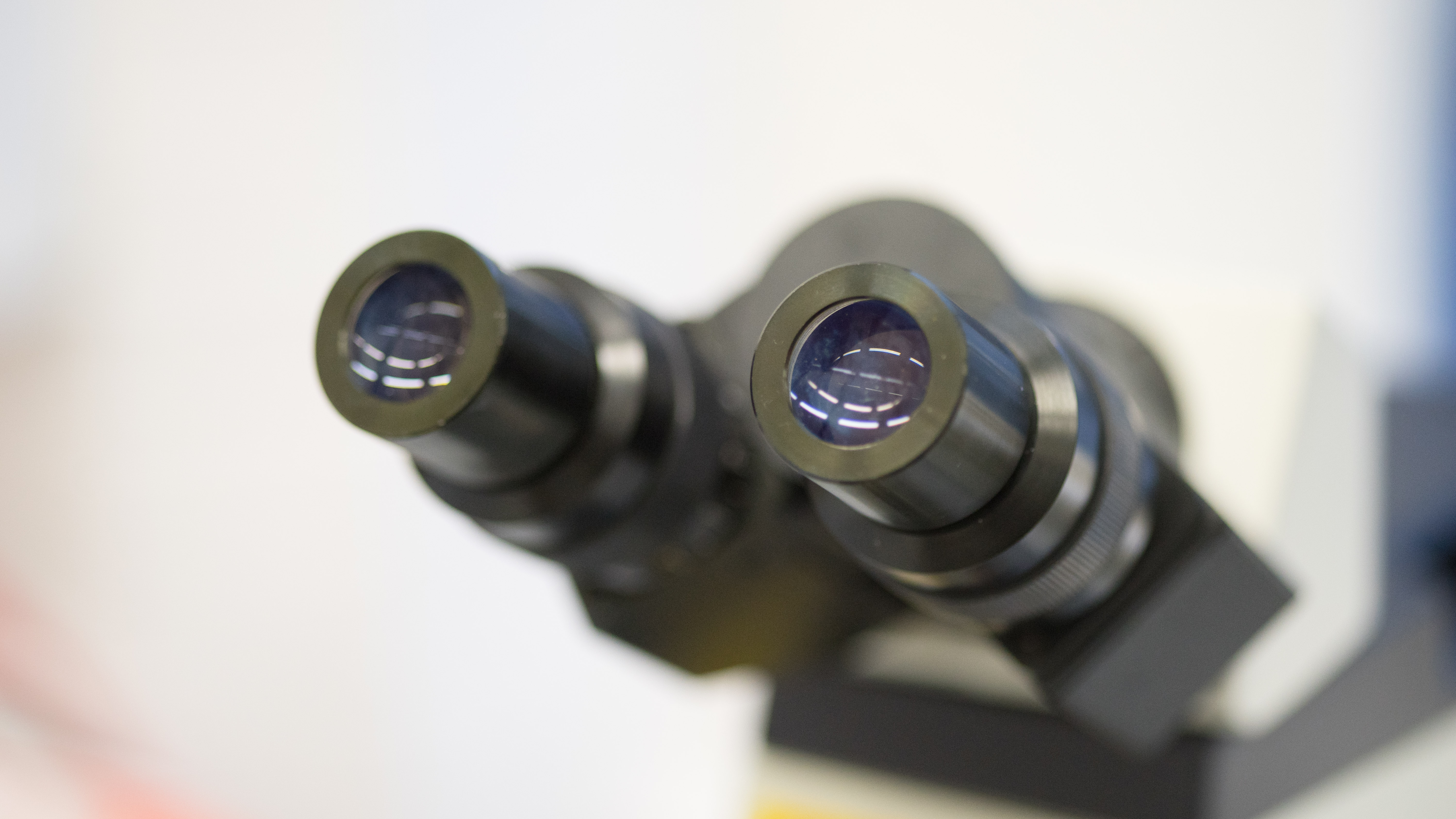Professor Wolfgang Schmitt from Trinity’s School of Chemistry has received a €150,000 European Research Council (ERC) grant to develop a prototype for use in atmospheric CO2 capture which could significantly reduce Irand’s net CO2 emissions.
The ERC Proof of Concept grant acts as a top up to the €2 million awarded to Schmitt in 2015 to continue his research and move towards commercialisation. The grant is awarded to existing grant holders whose research has potential for commercial uses.
The grant enables Schmitt and his research team to develop a prototype of their CO2 capture system. The proposed system is expected to have low operational costs, modular design and to not be restricted to any one location.
The concept could lead to net zero or negative CO2 emissions in Ireland, and would have wider implications for the rest of the EU. The government’s recent targets under the Climate Action Plan 2019 support the wider EU aim of net zero emissions by 2050.
Schmitt said: “We are delighted to be awarded this ERC Proof of Concept grant, which allows us to take our technology to prototype level and commercialise it. It is highly satisfying to work on research projects of global impact tackling CO2 emissions which are creating unprecedented threats to the world’s ecosystems and human activities.”
“Importantly, the award allows us to collaborate with the commercial team of the spin-out company, Trinity Green Energies and our friend & co-inventor – Professor Don MacElroy Emeritus Professor, University College Dublin – who is an expert in experimental gas adsorption measurements, gas diffusion and process simulations,” he continued.
Schmitt’s research involves the use of porous inorganic compounds that can be utilised to effectively capture CO2.
Professor Michael Morris, Director of AMBER, added: “The award of this Proof of Concept grant to Professor Schmitt is particularly pleasing and an excellent acknowledgement of the world-leading research work being carried out by himself and the team of researchers he has assembled. His studies are being undertaken to solve complex problems around the mitigation of climate change by absorption of CO2.”
“It provides a route to develop practical solutions to ameliorate global warming and bring national and international environmental and societal benefits as well as economic development to Ireland,” Morris added. “It is a central component of AMBER’s programme looking at making breakthrough advances in creating materials and technologies that can foster a sustainable future for us all.”
The research is funded by the European Research Council.






